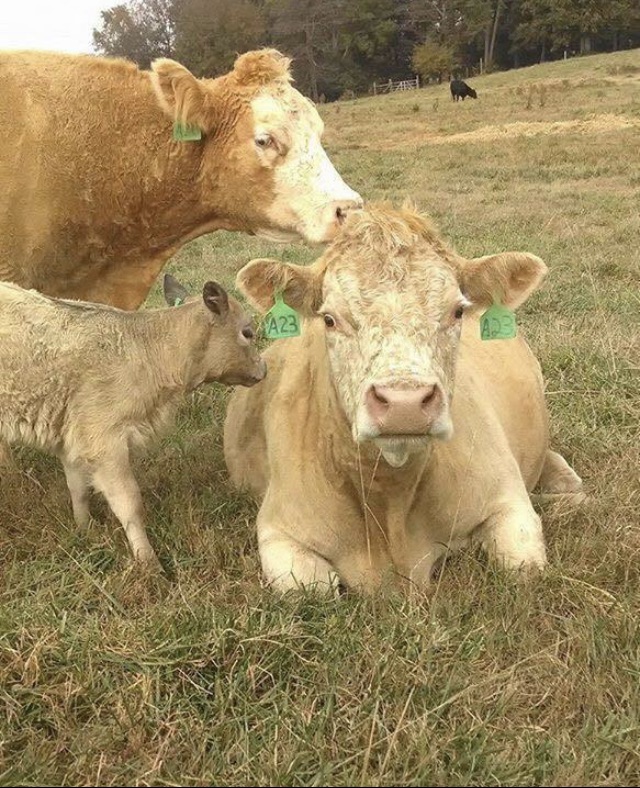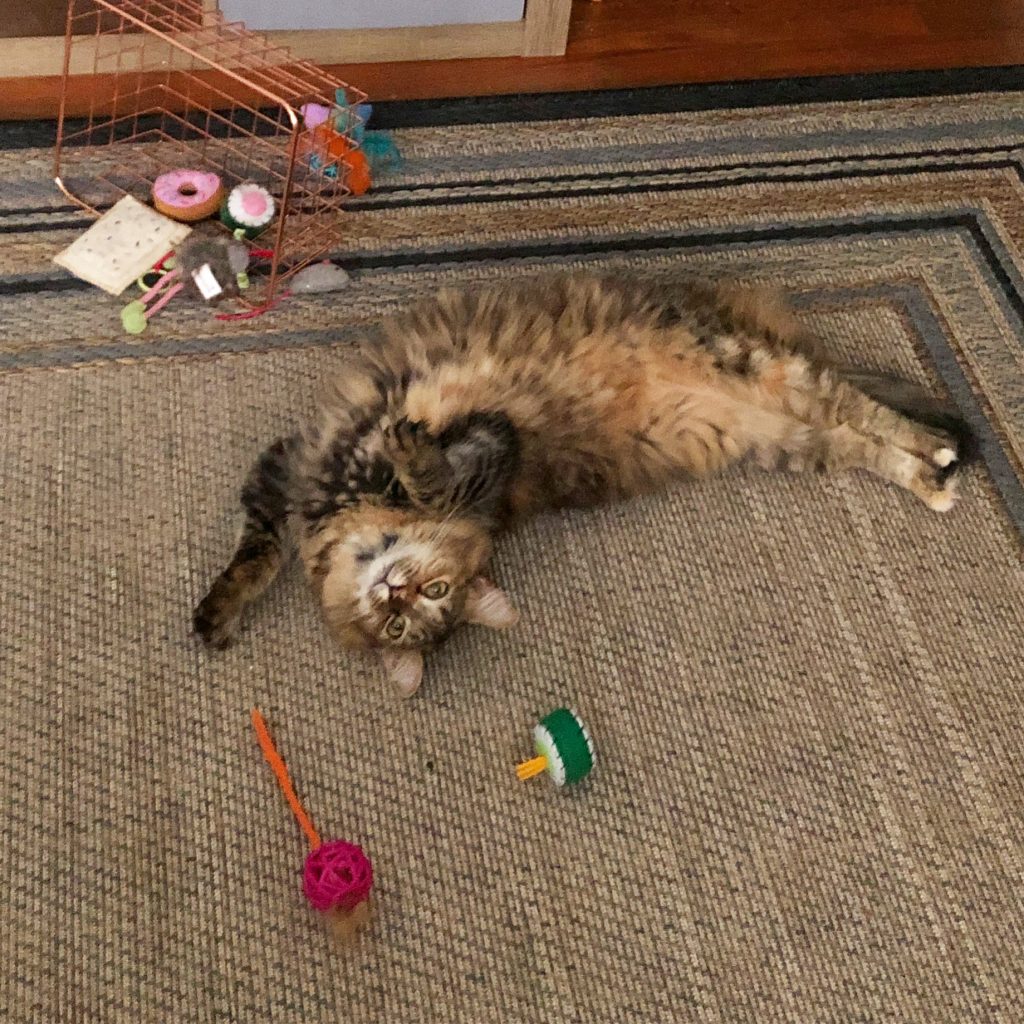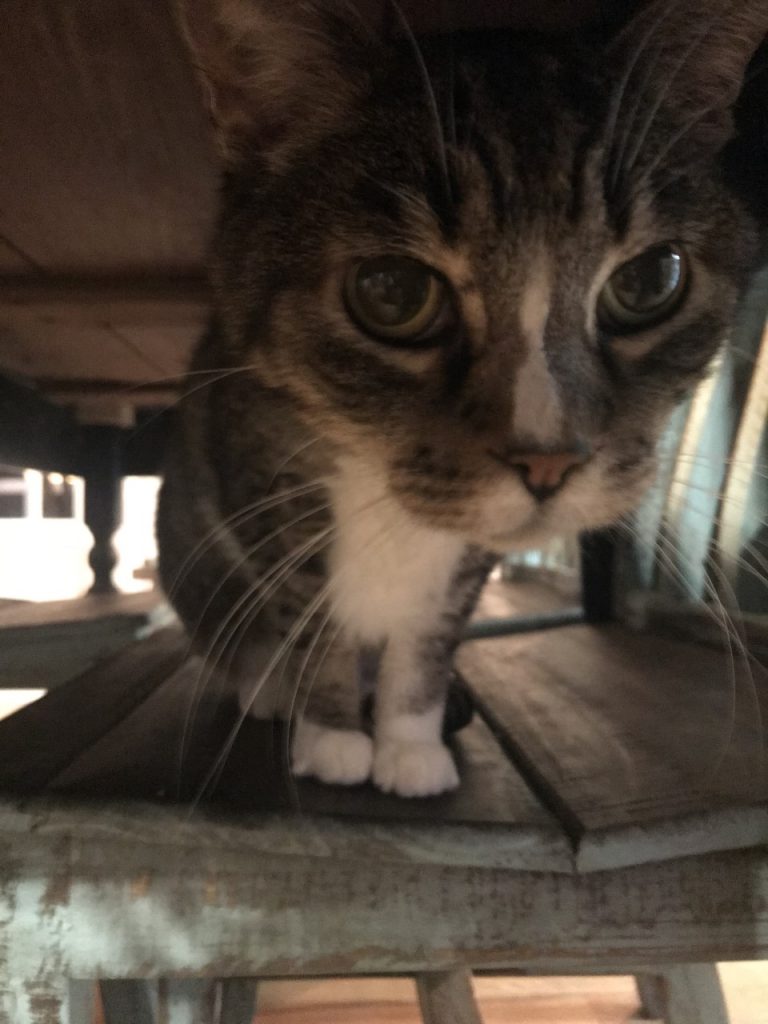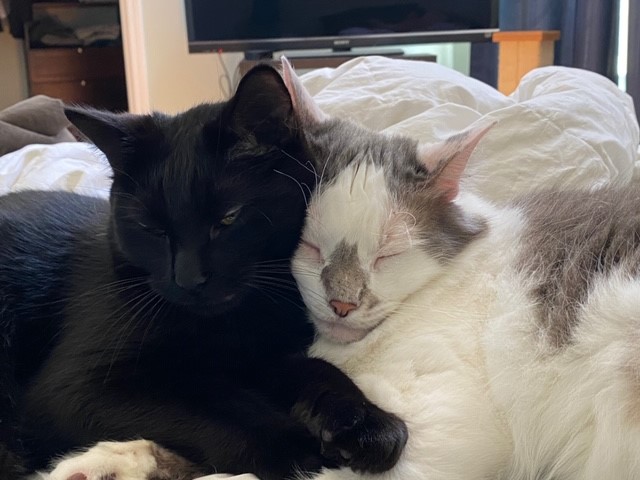CAPS Cares: The Power of Pets in the Time of COVID-19
As a more recent addition to the CAPS team, it didn’t take long for me to realize that the CAPS team loves their pets. Photos are shared, stories are told, and quirky pet personalities are described in great detail. Our pets are an integral component of our self-care practices now more than ever. These past months have brought so much uncertainty, worry, isolation, and unforeseen changes to our day-to-day lives, but ever constant are our furry friends who bring so many of us comfort and companionship.
Those of us who have pets or regularly enjoy spending time with animals can very likely rattle off dozens of reasons that our pets are a positive presence in our lives without citing research or empirical data. That being said, there is a great deal of research that supports what we know to be true.
Here is just some of what we know about the benefits of companion animals:
- The act of petting an animal can lower one’s blood pressure and resting heart rate
- Coronary patients with companion animals had improved health outcomes
- Children with pets had increased self-concept
- Cats in particular have been linked with improved health outcomes for those with cardiovascular disease
- The presence of fish has been linked with positive health outcomes in assisted living facilities
With some research out of the way, here are the more anecdotal ways that some of us pet parents are benefiting from pets in the time of COVID-19.
Companionship
As our social circles shrink and our interactions with others is largely happening from a distance, pets offer companionship. They are ever-present and offer an important opportunity for interaction in a time when those opportunities are limited.
Comfort
Our relationships with animals are uncomplicated. They’re not judgmental when we struggle to operate new technology, and see us no differently when we’re grumpy. Whether petting, playing, or just sitting side-by-side, they create opportunities to come back to the present moment.
Consistency
So much looks different, but my dogs are exactly as they were two months ago (except that they are very much enjoying the constant company of their humans). They wake up at the same time, they come running at the sound of their food bowls, and they spend much of their day sleeping in a sunbeam. Their consistency is a welcome exception in a time of change.
Now, don’t get me wrong. Not everyone experiences the same enjoyment from animals, which is perfectly okay. In fact, researchers have identified that the bond between a person and their animal is a significant variable in predicting possible benefits, meaning we can’t go out and interact with any animal we see and expect to benefit in the same ways.
Pet ownership does mean increased responsibilities, and on occasion, increased stress. For example, just the other day my dog Polly inexplicably decided to chew on a book, rendering half of it unreadable. It was frustrating to say the least, but that frustration was negligible compared to the joy, humor, and snuggles she gives me day in and day out. Now more than ever, I am so grateful for my two dogs and two cats. They remind me to take playtime breaks, or one will do something silly or adorable in moments of stress. And while everything else seems to be in flux, they are just the same as they always were—I’m just a tad more grateful for it.

For additional information about the benefits of pet ownership: newsinhealth.nih.gov/2018/02/power-pets
#CAPSCares and is here for you!
During this time, CAPS staff remains actively engaged in supporting the mental health needs of the UGA community in a variety of ways. Please explore our updated CAPS: Self Care page, as we have included a robust list of new resources to help you navigate what’s going on. We will continue to update this page as more resources become available.
In addition, find FREE virtual wellness and prevention classes, clinics, and tools hosted by the University Health Center at BeWellUGA at Home.
Students seeking CAPS services, please call 706-542-2273, M-F, 8am-5pm.
For after hours crisis, please call 706-542-2200.
Written by: Casey Heermans, LCSW, Licensed Clinical Social Worker with CAPS




















